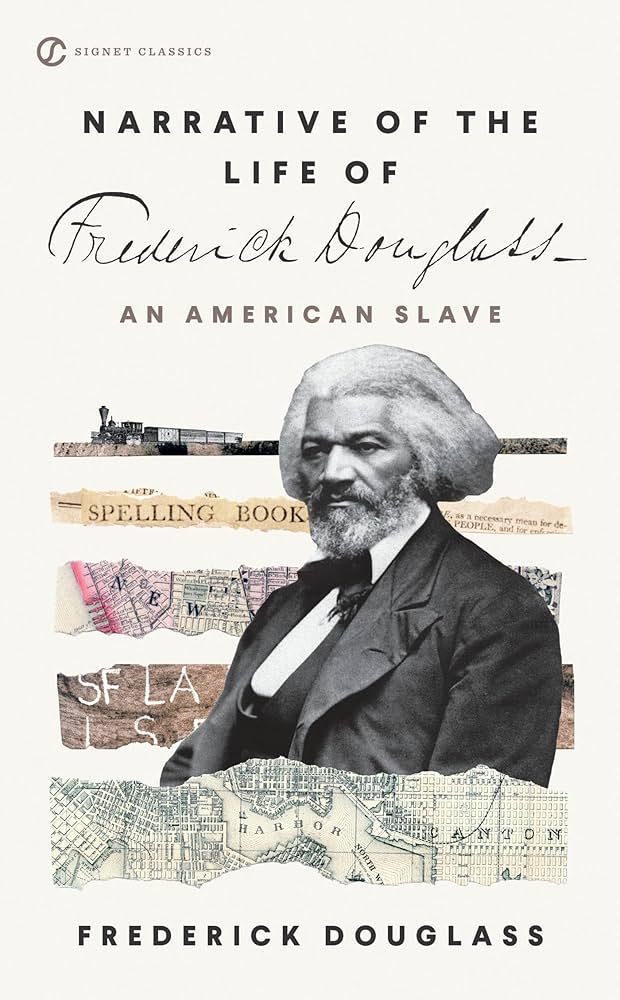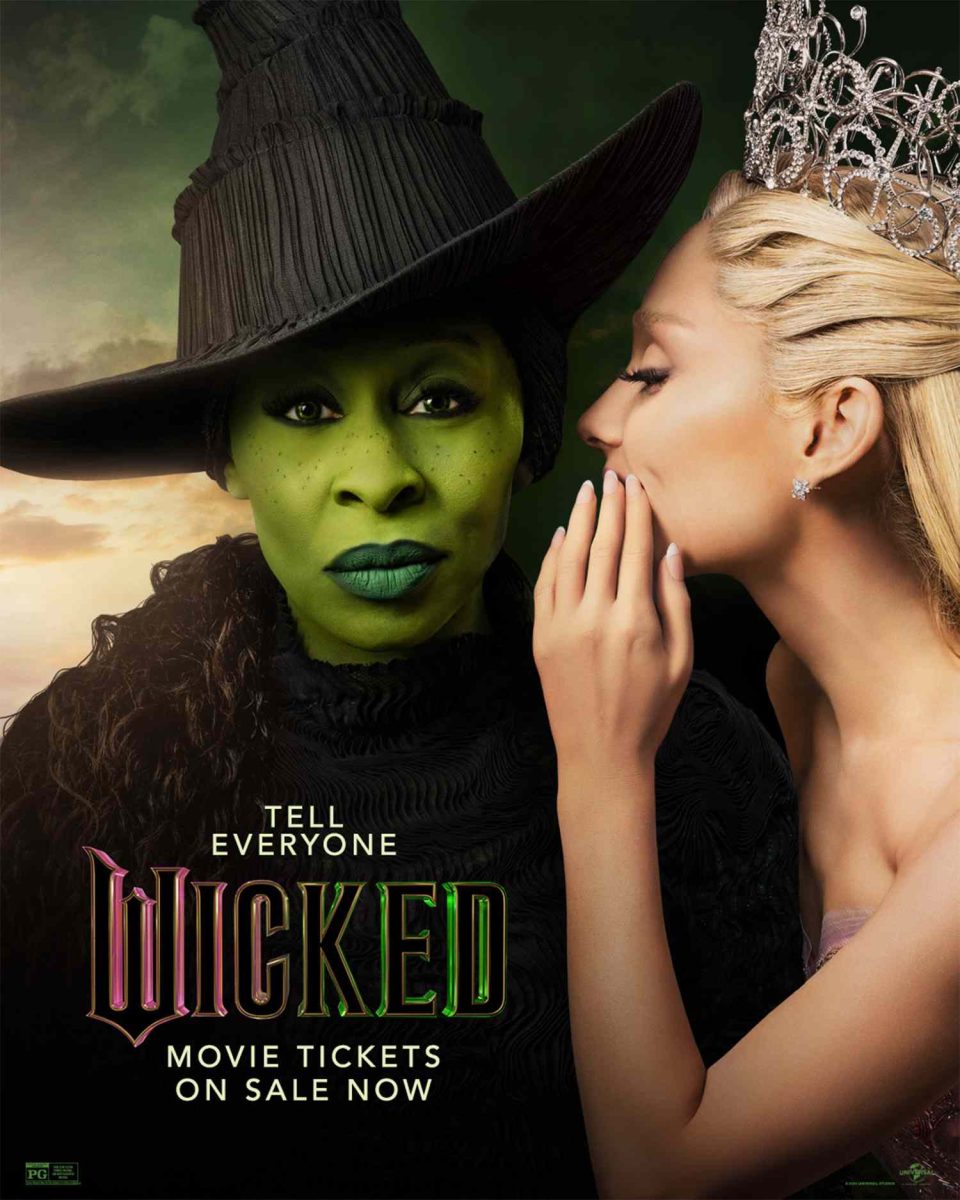The first time I ever heard of and read the “Narrative Life of Frederick Douglass” was in my A.P. African American Studies class. It was a hard read but there was so much information on the firsthand experience of the life of a slave. This novel was Fredrick Douglass’ autobiography, which goes into detail about his journey from being an enslaved African American to a freeman. Fredrick Douglass was one of the most influential African American figures in history. In his book he lists and describes all the hardship he went through from birth till he was a free man.
Douglass was born into slavery in Talbot county, Maryland and he recalls how he was separated from his mom when he was just an infant. He lists some of the brutal punishments slaves would receive from their slave owners, like his aunt Hester’s brutal and bloody punishment which he witnessed when he was just a child. They were not only physically abused but also psychologically abused.
He then goes on to tell us what he had to do to learn how to read and write. When he got sold to another slave owner in Baltimore, his slave owner’s wife taught him the alphabet but when her husband found out he forbade her to continue teaching him. This is another example from many in this book of how enslaved African Americans were disenfranchised from basic human rights. He would trade bread for lessons from the white kids in the neighborhood and he practiced writing by challenging the kids to write under the guise of who can write better.
When Douglass finally escaped slavery and went to the north, he started working for his own wages and making his own decisions. He however did still experience discrimination but he still thrived for greatness and became a prominent abolitionist speaker. My favorite quote from this book is “I left without a regret, and with the highest hopes of future happiness.” It shows how in the face of oppression and being treated harshly everywhere Douglass went he still had high hopes for a better future not only for himself but for other enslaved African Americans.
The “Narrative of the life of Frederick Douglass” is a story that emphasizes the importance of education, displaying how knowledge was his path to liberation. It’s an indication to the resilience of the enslaved African Americans and a powerful tool for equality














